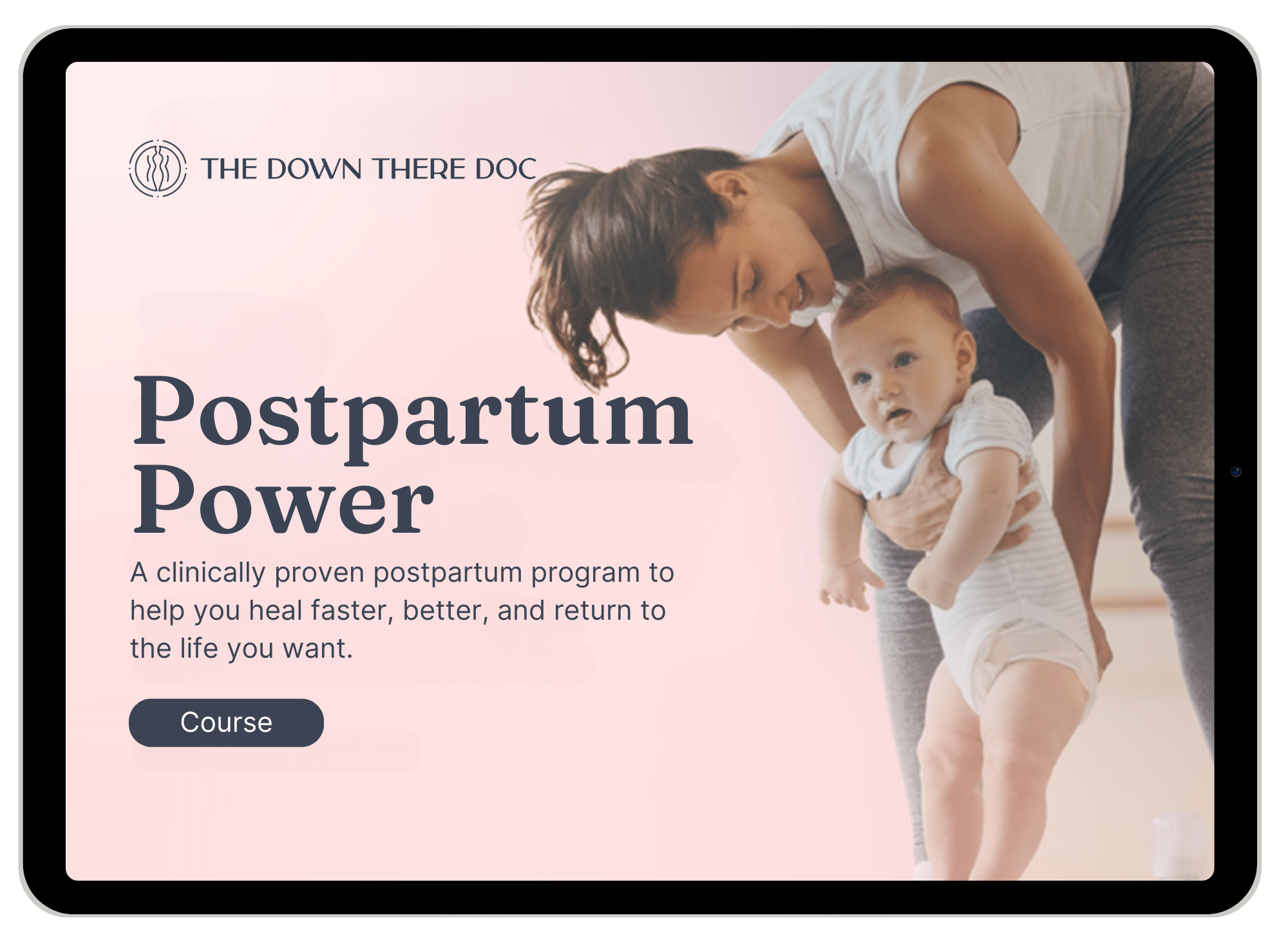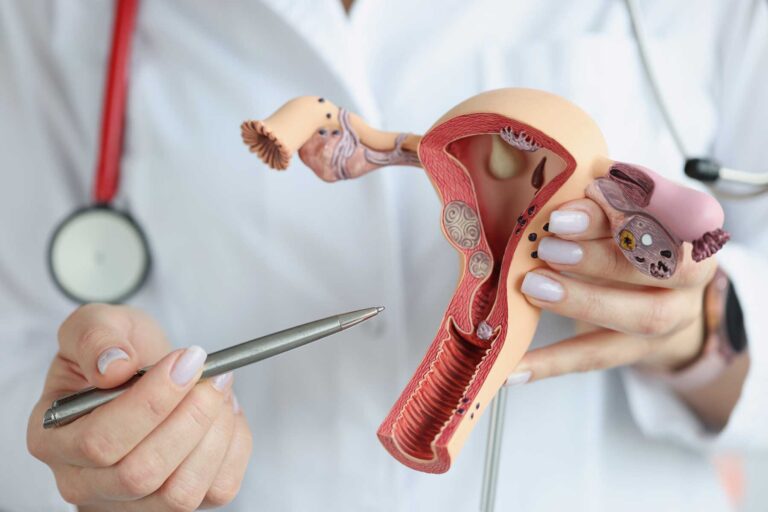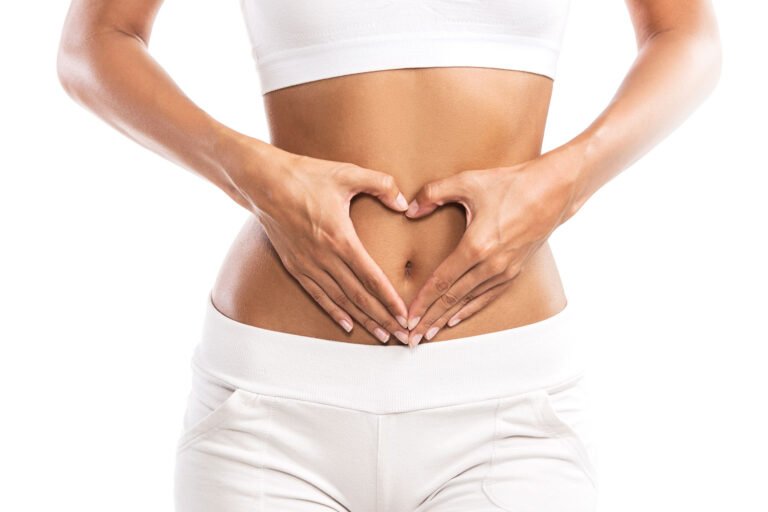Pregnancy and childbirth can impact a woman’s body in a myriad of ways that can cause postpartum sex to be uncomfortable or even painful. This article will cover the benefits of using lube during postpartum intimacy, tips on choosing the best kind, and how to use it effectively. By the end, you’ll understand how lube can make postpartum sex more comfortable and enjoyable.
See Also

Postpartum Power
3 Reasons Sex Can Be Painful After Childbirth
Your Pelvic Floor Muscles
Pregnancy and childbirth can have a significant impact on your pelvic floor muscles. These muscles, located at the pelvis, are under constant strain during the nine-month pregnancy period, as they hold both you and your baby up against gravity.
During vaginal delivery, the muscles have to lengthen and relax, and in some cases, they may tear or be cut before starting to work again almost immediately. This is a tremendous strain on a small group of muscles.
It’s important to remember that pelvic floor muscles are made up of skeletal muscle, just like your biceps or hamstrings. Imagine doing a bicep curl with a weight that keeps getting heavier over a period of nine months. That’s a lot of work! Long story short, your pelvic floor has been through the ringer whether you delivered vaginally or via c-section.
During sex, the muscles must relax and open to allow penetration of the vaginal canal. If the muscles are too tight, in spasm, or have an overuse injury (like shin splints), this can be very painful. After everything your vagina and pelvic floor have been through…attempting to insert anything into the vaginal canal can cause pain.
Scars and Nerves
If there has been any vaginal tearing or an episiotomy, which is a surgical incision through the perineum, scar tissue will form to facilitate healing. Scar tissue will also form in the abdomen if you’ve had a C-section and this can also affect sexual function.
Scar tissue itself is very stiff and can cause pain where it attaches to the muscles. It can also pull on surrounding muscles and nerves, making the surrounding area more sensitive and irritable.
Scar tissue is a normal part of the healing process, but it can sometimes cause pain in surrounding areas if it becomes too restricted. For example, if scar tissue is too tight above or below a C-section scar, it can prevent the muscles from lengthening and opening during sex, causing discomfort or pain due to tugging on sensitive nerves.
Hormones
There’s also a hormonal component that can lead to pain or discomfort with sex after having a baby. The tissue at the opening of the vaginal canal is very estrogen dependent. After we have a baby estrogen in our body decreases because the body is trying to focus on making milk to feed the baby versus focusing on ovulation to get pregnant again.
Without free-flowing estrogen, the tissues surrounding the vagina become fragile, dry, and sensitive. The tissue itself can sometimes have micro-tears and feel itchy like sandpaper. A combination of these factors during sex can lead to a lot of pain.
The Benefits of Using Lube
In order to combat these issues, the use of proper lubrication can be extremely helpful.
Using lube can be very beneficial in coating sensitive tissue, reducing friction, and allowing for easier insertion with less pain. This can also decrease reflexive guarding or tightening of the muscles, further facilitating smoother, more comfortable penetration.
Choosing the Best Lube
When it comes to choosing a lube, especially for sensitive postpartum skin, less is more. Not less lube, but fewer ingredients, no scent or fragrance, no additives, and no warming or tingling sensations.
It’s best to get an organic water-based lube, which is generally the most postpartum skin-friendly option. It doesn’t dry out or become sticky, won’t stain your sheets, and is absorbed quickly into the vaginal tissue. No more cheap lubes ladies! We’re at the point in our lives where we invest in good quality lube 😉
My two favorite brands of lube are Coconu and Good Clean Love. Click those links and if you find something you like, you can use the code THEDOWNTHEREDOC at checkout to get a discount!
How to Apply Lube for the Best Results
You may be thinking that applying lube is pretty straightforward, but I’ve got a few tricks up my sleeve!
I teach my clients to apply lube in three ways:
- To the outside of your vagina.
- On your partner, or whatever is going in the vaginal canal.
- INSIDE your vaginal canal — The easiest way to do this is with an infant syringe. Insert the syringe into the lube container, fill it up, and then insert it into your vagina and empty the syringe.
The more the merrier! Apply plenty of lube on all three of the mentioned areas. This allows the lube to coat every surface and structure so it won’t come off and dry as quickly.
Check out my free training, How to Have Pain-Free Postpartum Intimacy, for more detailed info on lubes, positions to start with, and aftercare.
Conclusion
Moving forward, it’s important to recognize that sex is a very personal and intimate part of postpartum recovery. There is no perfect timeline or standard for returning to sex after having a baby; it depends on how you’re feeling and when you feel ready.
Don’t let anyone pressure you into doing something that makes you uncomfortable. I also encourage you to talk to your doctor and your partner about your feelings regarding returning to sex. If anything is causing you pain or the experience doesn’t feel the way you’re used to, it’s important to communicate that as well.
I have an entire module dedicated to returning to sex after baby in my online program Postpartum Power. Nine out of ten women have pain with sex the first time they have sex after having a baby. Common isn’t the same thing as normal, and you don’t have to “grin and bear it”
We are here to help you navigate this time in your recovery.








